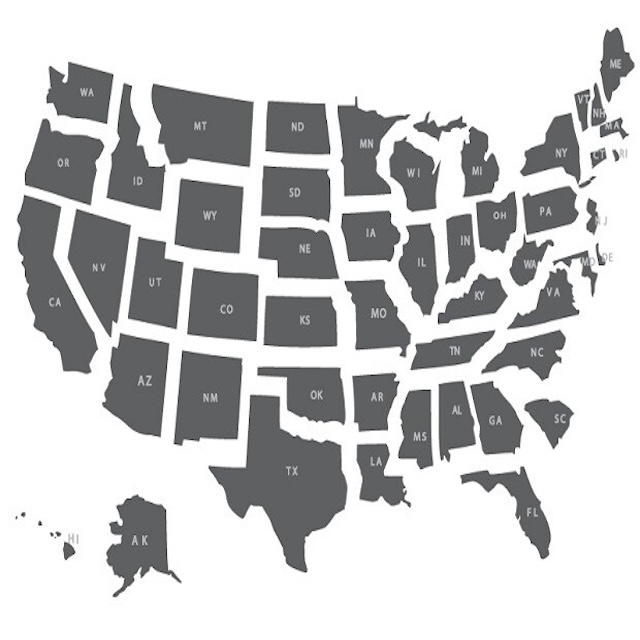Office Demand Fractures Along Remote Work Lines

Near-term progress in the U.S. office market has stalled, though annual growth continues, according to the latest VTS Office Demand Index (VODI). The index ended the third quarter at 72, down 4% from the previous quarter but still 16% higher year over year.
VTS attributed the quarterly slowdown to macroeconomic headwinds, including the federal government shutdown and slowing job gains, both of which contributed to greater volatility in tenant demand.
The report also highlighted growing bifurcation between markets dominated by remote-friendly industries — such as Washington, D.C., Boston, San Francisco, and Seattle — and those reliant on more traditional office-centric sectors, including New York, Los Angeles, and Chicago.
Demand in remote-heavy markets surged 47% quarter over quarter, while demand in traditional office markets fell 26%, underscoring a shifting center of gravity in the office landscape.
“This widening gap reflects how markets like New York and Los Angeles outperformed in the immediate post-COVID years, while cities such as San Francisco are now riding a new wave of tech-driven demand,” VTS said.
San Francisco posted the strongest performance nationwide, with its VODI soaring 60% for the quarter. Fueled by an AI-driven expansion and renewed interest from large tech tenants, the city solidified its status as the top-performing office market.
Boston also rebounded sharply, reversing a second-quarter slump with an 85% surge in VODI. The city’s gains were led by large legal and tech tenants, pushing demand up 528% from the prior quarter. Seattle followed with a 28% quarterly increase, supported by mid-block leasing and a more diverse tenant mix, including association/nonprofit and creative sectors.
By contrast, Chicago’s strong second quarter gave way to a 40% decline, as large-tenant demand weakened across core industries such as creative, legal, and tech.
New York’s office demand contracted 24%, driven by a slowdown in finance and legal tenants, which offset growth in flexible office and tech demand.
Elsewhere, Los Angeles continued its prolonged decline despite steady activity from its creative sector. Washington, D.C., posted a modest 2% increase in demand, though its core government-related sector remains vulnerable to the federal shutdown and spending cuts. Demand from the association/nonprofit segment dropped 34%, while government demand declined 9%. Strength in finance and legal tenants helped keep D.C.’s index in positive territory.
Source: GlobeSt/ALM